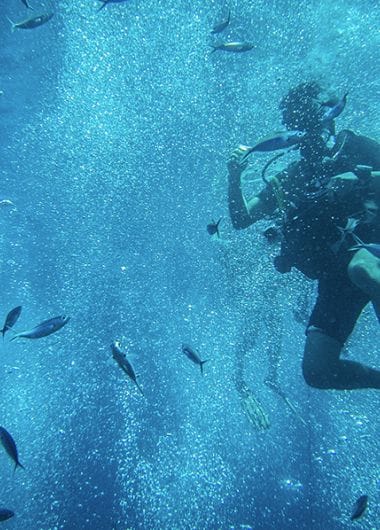Highlights
From capital to kilowatts: regional insights on renewables
As energy markets expand and evolve, finance is playing a role to help unlock renewable growth worldwide.
Learn more from CIB
